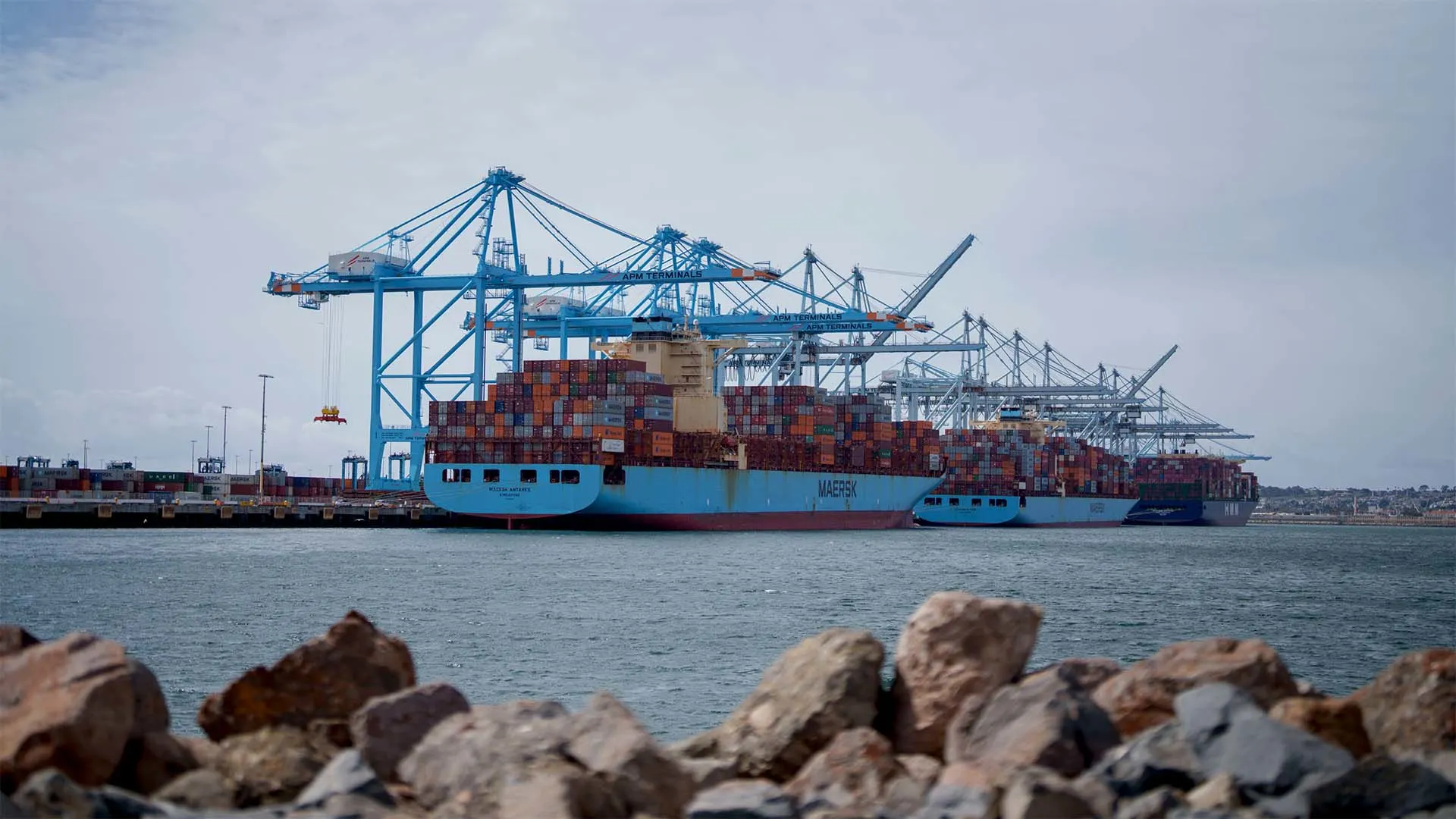CloudFormation policy compliance monitoring: leveraging CloudTrail and Athena
Introduction: This post details an implementation that monitors who or what changed AWS resources created by CloudFormation. By leveraging AWS Config, CloudTrail, Athena, and Lambda, changes can be tracked, logs can be analysed, and compliance reporting can be automated. The collected data is stored in Amazon S3, making it accessible for audits and compliance verification. About the Project: This post builds upon my earlier article on monitoring CloudFormation stack drift using AWS Config Rules. In this enhanced version, the monitoring capabilities are extended by: Tracking user activities affecting CloudFormation resources. Logging change details to Amazon S3 via CloudTrail. Processing and querying logs using AWS Athena. Automating remediation through AWS Systems Manager and Lambda. Core Components: AWS Config Rule: Monitors stacks for drift using CLOUDFORMATION_STACK_DRIFT_DETECTION_CHECK. Systems Manager Automation Runbook: Invokes a Lambda function for compliance checks. Remediation Action: Executes the InvokeLambdaFromConfig automation document. Amazon S3 Bucket: Stores logs from CloudTrail and Athena query results. Athena Table: Organises and queries raw log data. CloudTrail Trail: Captures AWS API activity logs. Lambda Function: Extracts CloudFormation resource names and queries Athena for recent changes. Infrastructure Scema: Configuration in infrastructure/monitoring_stack_cloudtrail.yaml CloudFormation template: AWSTemplateFormatVersion: '2010-09-09' Description: CloudTrail setup for monitoring CFN stack modifications Parameters: AthenaDatabaseName: Type: String Description: Athena database name for running queries Default: 'cloudtrail_logs' StackNameToMonitor: Type: String Description: CloudFormation stack name to monitor Default: 'base-infrastructure' MaximumExecutionFrequency: Type: String Description: The maximum frequency with which drift in CloudFormation stacks need to be evaluated Default: 'One_Hour' Resources: ################################# # CloudTrail and Athena ################################# CloudTrailLogsBucket: Type: AWS::S3::Bucket Properties: BucketName: !Sub "aws-cloudtrail-logs-${AWS::AccountId}" VersioningConfiguration: Status: Enabled LifecycleConfiguration: Rules: - Id: ExpireLogs Status: Enabled ExpirationInDays: 365 CloudTrailLogsBucketPolicy: Type: AWS::S3::BucketPolicy Properties: Bucket: !Ref CloudTrailLogsBucket PolicyDocument: Version: "2012-10-17" Statement: - Sid: "AWSCloudTrailAclCheck" Effect: Allow Principal: Service: cloudtrail.amazonaws.com Action: s3:GetBucketAcl Resource: !Sub "arn:${AWS::Partition}:s3:::aws-cloudtrail-logs-${AWS::AccountId}" Condition: StringEquals: AWS:SourceArn: !Sub "arn:${AWS::Partition}:cloudtrail:${AWS::Region}:${AWS::AccountId}:trail/monitoring-cfn-policy-compliance" - Sid: "AWSCloudTrailWrite" Effect: Allow Principal: Service: cloudtrail.amazonaws.com Action: s3:PutObject Resource: !Sub "arn:${AWS::Partition}:s3:::aws-cloudtrail-logs-${AWS::AccountId}/AWSLogs/${AWS::AccountId}/*" Condition: StringEquals: AWS:SourceArn: !Sub "arn:${AWS::Partition}:cloudtrail:${AWS::Region}:${AWS::AccountId}:trail/monitoring-cfn-policy-compliance" s3:x-amz-acl: "bucket-owner-full-control" - Sid: "AthenaQueryResultPutObject" Effect: Allow Principal: Service: athena.amazonaws.com Action: s3:PutObject Resource: !Sub "arn:${AWS::Partition}:s3:::aws-cloudtrail-logs-${AWS::AccountId}/athena-results/*" Condition: StringEquals: aws:SourceArn: !Sub "arn:${AWS::Partition}:athena:${AWS::Region}:${AWS::AccountId}:workgroup/primary" CloudTrail: Type: AWS::CloudTrail::Trail Properties: TrailName: monitoring-cfn-policy-compliance S3BucketName: !Ref CloudTrailLogsBucket IncludeGlobalServiceEvents: true IsMultiRegionTrail: true EnableLogFileValidation: false IsOrganizationTrail: false IsLogging: true AthenaDatabase: Type: AWS::Glue::Database Properties: CatalogId: !Ref AWS::AccountId DatabaseInput: Name: !Ref AthenaDatabaseName AthenaTable: Type: AWS::Glue::Table Properties: CatalogId: !Ref AWS::AccountId
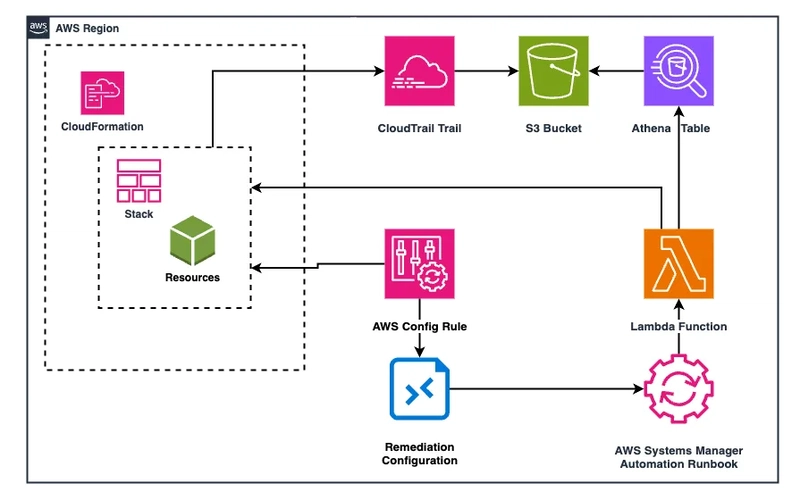
Introduction:
This post details an implementation that monitors who or what changed AWS resources created by CloudFormation. By leveraging AWS Config, CloudTrail, Athena, and Lambda, changes can be tracked, logs can be analysed, and compliance reporting can be automated. The collected data is stored in Amazon S3, making it accessible for audits and compliance verification.
About the Project:
This post builds upon my earlier article on monitoring CloudFormation stack drift using AWS Config Rules. In this enhanced version, the monitoring capabilities are extended by:
Tracking user activities affecting CloudFormation resources.
Logging change details to Amazon S3 via CloudTrail.
Processing and querying logs using AWS Athena.
Automating remediation through AWS Systems Manager and Lambda.
Core Components:
AWS Config Rule: Monitors stacks for drift using CLOUDFORMATION_STACK_DRIFT_DETECTION_CHECK.
Systems Manager Automation Runbook: Invokes a Lambda function for compliance checks.
Remediation Action: Executes the InvokeLambdaFromConfig automation document.
Amazon S3 Bucket: Stores logs from CloudTrail and Athena query results.
Athena Table: Organises and queries raw log data.
CloudTrail Trail: Captures AWS API activity logs.
Lambda Function: Extracts CloudFormation resource names and queries Athena for recent changes.
Infrastructure Scema:

Configuration in infrastructure/monitoring_stack_cloudtrail.yaml CloudFormation template:
AWSTemplateFormatVersion: '2010-09-09'
Description: CloudTrail setup for monitoring CFN stack modifications
Parameters:
AthenaDatabaseName:
Type: String
Description: Athena database name for running queries
Default: 'cloudtrail_logs'
StackNameToMonitor:
Type: String
Description: CloudFormation stack name to monitor
Default: 'base-infrastructure'
MaximumExecutionFrequency:
Type: String
Description: The maximum frequency with which drift in CloudFormation stacks need to be evaluated
Default: 'One_Hour'
Resources:
#################################
# CloudTrail and Athena
#################################
CloudTrailLogsBucket:
Type: AWS::S3::Bucket
Properties:
BucketName: !Sub "aws-cloudtrail-logs-${AWS::AccountId}"
VersioningConfiguration:
Status: Enabled
LifecycleConfiguration:
Rules:
- Id: ExpireLogs
Status: Enabled
ExpirationInDays: 365
CloudTrailLogsBucketPolicy:
Type: AWS::S3::BucketPolicy
Properties:
Bucket: !Ref CloudTrailLogsBucket
PolicyDocument:
Version: "2012-10-17"
Statement:
- Sid: "AWSCloudTrailAclCheck"
Effect: Allow
Principal:
Service: cloudtrail.amazonaws.com
Action: s3:GetBucketAcl
Resource: !Sub "arn:${AWS::Partition}:s3:::aws-cloudtrail-logs-${AWS::AccountId}"
Condition:
StringEquals:
AWS:SourceArn: !Sub "arn:${AWS::Partition}:cloudtrail:${AWS::Region}:${AWS::AccountId}:trail/monitoring-cfn-policy-compliance"
- Sid: "AWSCloudTrailWrite"
Effect: Allow
Principal:
Service: cloudtrail.amazonaws.com
Action: s3:PutObject
Resource: !Sub "arn:${AWS::Partition}:s3:::aws-cloudtrail-logs-${AWS::AccountId}/AWSLogs/${AWS::AccountId}/*"
Condition:
StringEquals:
AWS:SourceArn: !Sub "arn:${AWS::Partition}:cloudtrail:${AWS::Region}:${AWS::AccountId}:trail/monitoring-cfn-policy-compliance"
s3:x-amz-acl: "bucket-owner-full-control"
- Sid: "AthenaQueryResultPutObject"
Effect: Allow
Principal:
Service: athena.amazonaws.com
Action: s3:PutObject
Resource: !Sub "arn:${AWS::Partition}:s3:::aws-cloudtrail-logs-${AWS::AccountId}/athena-results/*"
Condition:
StringEquals:
aws:SourceArn: !Sub "arn:${AWS::Partition}:athena:${AWS::Region}:${AWS::AccountId}:workgroup/primary"
CloudTrail:
Type: AWS::CloudTrail::Trail
Properties:
TrailName: monitoring-cfn-policy-compliance
S3BucketName: !Ref CloudTrailLogsBucket
IncludeGlobalServiceEvents: true
IsMultiRegionTrail: true
EnableLogFileValidation: false
IsOrganizationTrail: false
IsLogging: true
AthenaDatabase:
Type: AWS::Glue::Database
Properties:
CatalogId: !Ref AWS::AccountId
DatabaseInput:
Name: !Ref AthenaDatabaseName
AthenaTable:
Type: AWS::Glue::Table
Properties:
CatalogId: !Ref AWS::AccountId
DatabaseName: !Ref AthenaDatabase
TableInput:
Name: !Sub "aws_cloudtrail_logs_${AWS::AccountId}"
TableType: EXTERNAL_TABLE
Parameters:
classification: cloudtrail
StorageDescriptor:
Columns:
- Name: eventVersion
Type: string
- Name: userIdentity
Type: struct,sessionIssuer:struct,ec2RoleDelivery:string,webIdFederationData:struct>>>
- Name: eventTime
Type: string
- Name: eventSource
Type: string
- Name: eventName
Type: string
- Name: awsRegion
Type: string
- Name: sourceIpAddress
Type: string
- Name: userAgent
Type: string
- Name: errorCode
Type: string
- Name: errorMessage
Type: string
- Name: requestParameters
Type: string
- Name: responseElements
Type: string
- Name: additionalEventData
Type: string
- Name: requestId
Type: string
- Name: eventId
Type: string
- Name: resources
Type: array>
- Name: eventType
Type: string
- Name: apiVersion
Type: string
- Name: readOnly
Type: string
- Name: recipientAccountId
Type: string
- Name: serviceEventDetails
Type: string
- Name: sharedEventID
Type: string
- Name: vpcEndpointId
Type: string
- Name: tlsDetails
Type: struct
Location: !Sub "s3://aws-cloudtrail-logs-${AWS::AccountId}/AWSLogs/${AWS::AccountId}/CloudTrail/"
InputFormat: com.amazon.emr.cloudtrail.CloudTrailInputFormat
OutputFormat: org.apache.hadoop.hive.ql.io.HiveIgnoreKeyTextOutputFormat
SerdeInfo:
SerializationLibrary: org.apache.hive.hcatalog.data.JsonSerDe
#################################
# Lambda function
#################################
LambdaExecutionRole:
Type: AWS::IAM::Role
Properties:
RoleName: LambdaAthenaQueryExecutionRole
AssumeRolePolicyDocument:
Version: '2012-10-17'
Statement:
- Effect: Allow
Principal:
Service:
- lambda.amazonaws.com
- athena.amazonaws.com
Action:
- sts:AssumeRole
Policies:
- PolicyName: CloudFormationDescribe
PolicyDocument:
Version: "2012-10-17"
Statement:
- Effect: Allow
Action:
- cloudformation:DescribeStackResources
Resource: "arn:aws:cloudformation:*"
- PolicyName: AthenaQueryPolicy
PolicyDocument:
Version: "2012-10-17"
Statement:
- Effect: Allow
Action:
- athena:StartQueryExecution
- athena:GetQueryExecution
- athena:GetQueryResults
- athena:GetWorkGroup
- athena:GetDataCatalog
- athena:GetTableMetadata
- glue:GetDatabase
- glue:GetTable
- glue:GetPartitions
Resource: "*"
- Effect: Allow
Action:
- s3:PutObject
- s3:GetObject
- s3:ListBucket
- s3:GetBucketLocation
- s3:PutObjectAcl
Resource:
- !Sub "arn:${AWS::Partition}:s3:::${CloudTrailLogsBucket}"
- !Sub "arn:${AWS::Partition}:s3:::${CloudTrailLogsBucket}/*"
- Effect: Allow
Action:
- lambda:AddPermission
Resource: "*"
- Effect: Allow
Action:
- logs:CreateLogGroup
- logs:CreateLogStream
- logs:PutLogEvents
Resource: "*"
CheckCloudTrailLogsLambda:
Type: AWS::Lambda::Function
Properties:
FunctionName: CheckCloudTrailLogsLambda
Runtime: nodejs22.x
Handler: index.handler
Role: !GetAtt LambdaExecutionRole.Arn
Timeout: 120
MemorySize: 256
Environment:
Variables:
STACKS_TO_MONITOR: !Ref StackNameToMonitor
ATHENA_DATABASE: !Ref AthenaDatabase
ATHENA_TABLE: !Ref AthenaTable
S3_OUTPUT_BUCKET: !Ref CloudTrailLogsBucket
Code:
ZipFile: |
const { AthenaClient, StartQueryExecutionCommand } = require("@aws-sdk/client-athena");
const { CloudFormationClient, DescribeStackResourcesCommand } = require("@aws-sdk/client-cloudformation");
const athena = new AthenaClient({});
const cloudformation = new CloudFormationClient({});
exports.handler = async (event) => {
console.log("Event received:", JSON.stringify(event, null, 2));
const stacks = process.env.STACKS_TO_MONITOR.split(",");
const tableName = process.env.ATHENA_TABLE;
const databaseName = process.env.ATHENA_DATABASE;
const s3Bucket = process.env.S3_OUTPUT_BUCKET;
let resourceNames = [];
// Extract resource names from the CloudFormation stacks
for (const stack of stacks) {
const stackResources = await cloudformation.send(
new DescribeStackResourcesCommand({ StackName: stack })
);
stackResources.StackResources.forEach(resource => {
if (resource.PhysicalResourceId) {
resourceNames.push(resource.PhysicalResourceId);
}
});
}
// Construct Athena query
let whereClause = resourceNames.map(name => `resource.arn LIKE '%${name}%'`).join(" OR ");
let queryString = `
SELECT
userIdentity.userName AS username,
eventName AS action,
eventTime AS timestamp,
resource.arn AS resource_arn,
sourceIPAddress AS request_source,
userAgent AS user_agent
FROM ${tableName}
CROSS JOIN UNNEST(resources) AS t(resource)
WHERE (${whereClause})
AND eventName IS NOT NULL
AND userIdentity.userName IS NOT NULL
AND from_iso8601_timestamp(eventTime) >= current_timestamp - INTERVAL '1' HOUR
ORDER BY from_iso8601_timestamp(eventTime) DESC;
`;
// Run the Athena query
const params = {
QueryString: queryString,
QueryExecutionContext: { Database: databaseName },
ResultConfiguration: { OutputLocation: `s3://${s3Bucket}/athena-results/` }
};
try {
const command = new StartQueryExecutionCommand(params);
const queryExecution = await athena.send(command);
console.log("Query started:", queryExecution.QueryExecutionId);
return { status: "Query started successfully", queryExecutionId: queryExecution.QueryExecutionId };
} catch (error) {
console.error("Error running query:", error);
throw error;
}
};
LambdaPermissionForConfig:
Type: AWS::Lambda::Permission
Properties:
FunctionName: !Ref CheckCloudTrailLogsLambda
Action: lambda:InvokeFunction
Principal: config.amazonaws.com
#################################
# Config Rule
#################################
IamRoleForConfig2:
Type: AWS::IAM::Role
Properties:
RoleName: CfnDriftDetectionForCloudTrail
Description: IAM role for AWS Config to access CloudFormation drift detection
AssumeRolePolicyDocument:
Version: '2012-10-17'
Statement:
- Effect: Allow
Principal:
Service: config.amazonaws.com
Action:
- sts:AssumeRole
ManagedPolicyArns:
- arn:aws:iam::aws:policy/ReadOnlyAccess
Policies:
- PolicyName: CloudFormationDriftDetectionpolicy
PolicyDocument:
Version: "2012-10-17"
Statement:
- Effect: Allow
Action:
- cloudformation:DetectStackResourceDrift
- cloudformation:DetectStackDrift
- cloudformation:DescribeStacks
- cloudformation:DescribeStackResources
- cloudformation:BatchDescribeTypeConfigurations
- cloudformation:DescribeStackResourceDrifts
- cloudformation:DescribeStackDriftDetectionStatus
Resource: !Sub "arn:${AWS::Partition}:cloudformation:${AWS::Region}:${AWS::AccountId}:*"
ConfigRuleCheckCloudTralLogs:
DependsOn:
- LambdaPermissionForConfig
Type: AWS::Config::ConfigRule
Properties:
ConfigRuleName: ConfigRuleCheckCloudTrailLogs
Description: AWS Config rule to detect drift in CFN stacks and check CloudTrail logs
Scope:
TagKey: stack-name
TagValue: !Ref StackNameToMonitor
Source:
Owner: AWS
SourceIdentifier: CLOUDFORMATION_STACK_DRIFT_DETECTION_CHECK
MaximumExecutionFrequency: !Ref MaximumExecutionFrequency
InputParameters:
cloudformationRoleArn: !GetAtt IamRoleForConfig2.Arn
IamRoleForRemediation:
Type: AWS::IAM::Role
Properties:
RoleName: AwsConfigRemediationActionInvokeLambda
Description: IAM role for AWS Config remediation action to invoke Lambda function
AssumeRolePolicyDocument:
Version: '2012-10-17'
Statement:
- Effect: Allow
Principal:
Service:
- config.amazonaws.com
- ssm.amazonaws.com
Action:
- sts:AssumeRole
Policies:
- PolicyName: InvokeLambdaPolicy
PolicyDocument:
Version: '2012-10-17'
Statement:
- Effect: Allow
Action:
- lambda:InvokeFunction
Resource: !GetAtt CheckCloudTrailLogsLambda.Arn
SsmDocumentInvokeLambda:
Type: AWS::SSM::Document
Properties:
DocumentType: Automation
Name: InvokeLambdaFromConfig
Content:
schemaVersion: "0.3"
description: "SSM Automation document to invoke a Lambda function"
parameters:
AutomationAssumeRole:
type: String
description: (Optional) The ARN of the role that allows Automation to perform the actions
default: !GetAtt IamRoleForRemediation.Arn
mainSteps:
- name: InvokeLambda
action: aws:invokeLambdaFunction
inputs:
FunctionName: !Ref CheckCloudTrailLogsLambda
Payload: '{}'
InvocationType: Event
LogType: None
maxAttempts: 2
timeoutSeconds: 30
onFailure: Abort
isCritical: true
assumeRole: !GetAtt IamRoleForRemediation.Arn
RemediationActionInvokeLambda:
Type: AWS::Config::RemediationConfiguration
Properties:
ConfigRuleName: !Ref ConfigRuleCheckCloudTralLogs
TargetType: SSM_DOCUMENT
TargetId: !Ref SsmDocumentInvokeLambda
Automatic: true
MaximumAutomaticAttempts: 2
RetryAttemptSeconds: 30
Parameters:
AutomationAssumeRole:
StaticValue:
Values:
- !GetAtt IamRoleForRemediation.Arn
Prerequisites:
Ensure the following prerequisites are in place:
- An AWS account with sufficient permissions to create and manage resources.
- The AWS CLI installed on the local machine.
- CloudFormation infrastructure deployed from my previous post (if applicable).
Deployment:
- Deploy the CloudFormation Stack.
aws cloudformation create-stack \
--stack-name monitoring-policy-compliance \
--template-body file://infrastructure/monitoring_stack_cloudtrail.yaml \
--capabilities CAPABILITY_NAMED_IAM \
--disable-rollback
2.Test the resources deployed with the stack. Change value of the resource from the base-infrastructure stack and evaluate the drift detection rule to verify functionality.
aws ssm put-parameter --name "ConnectionToken" --value "secret_token_value_2" --type "String" --overwrite
aws configservice start-config-rules-evaluation --config-rule-names ConfigRuleCheckCloudTrailLogs
3.After drift detection runs, review Athena query results stored in S3 under /athena-results in .csv file.
aws s3 ls s3:///athena-results/ --recursive
aws s3 cp s3:///.csv ./
Here is an example of logs from this file:
)
4.Cleanup Resources. After testing, stop the CloudTrail Trail logging, delete all data from the S3 bucket, and delete the CloudFormation stack.
aws cloudtrail stop-logging --name monitor-cfn-policy-compliance
aws s3 rm s3:// --recursive
aws cloudformation delete-stack --stack-name monitoring-policy-compliance
Conclusion:
Implementing this solution provides visibility into changes affecting CloudFormation-managed resources. This enhances security, compliance tracking, and audit readiness. The ability to log and query user actions simplifies responses to compliance requests from clients, regulators, or security teams.
If you found this post helpful and interesting, please click the reaction button below to show your support. Feel free to use and share this post.




















































%20Abstract%20Background%20112024%20SOURCE%20Amazon.jpg)






















































































































![[The AI Show Episode 142]: ChatGPT’s New Image Generator, Studio Ghibli Craze and Backlash, Gemini 2.5, OpenAI Academy, 4o Updates, Vibe Marketing & xAI Acquires X](https://www.marketingaiinstitute.com/hubfs/ep%20142%20cover.png)















































































































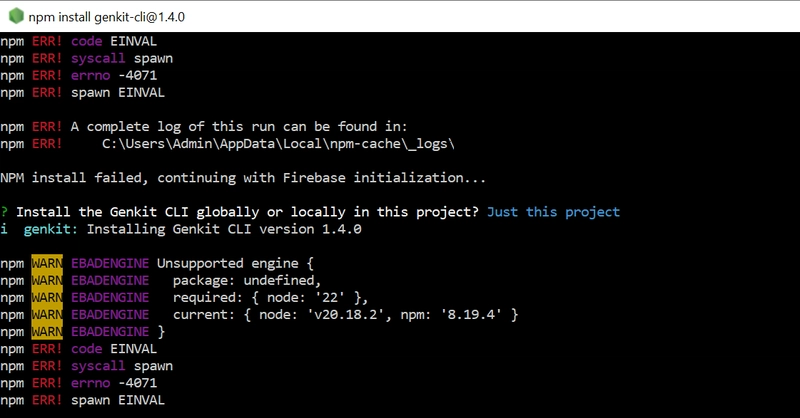
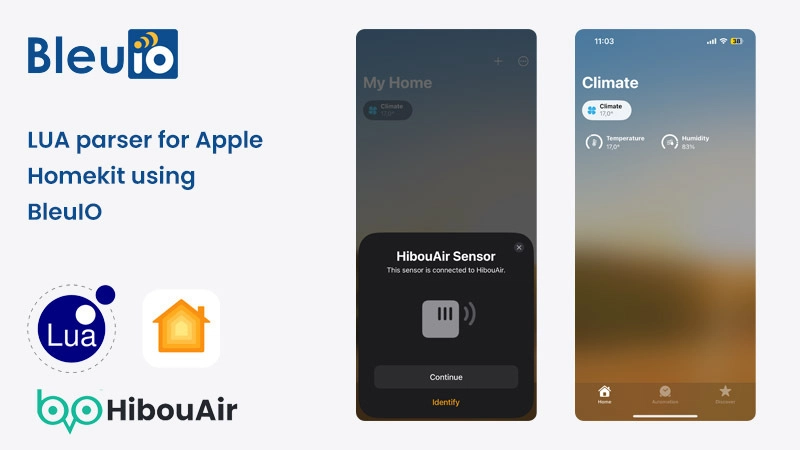
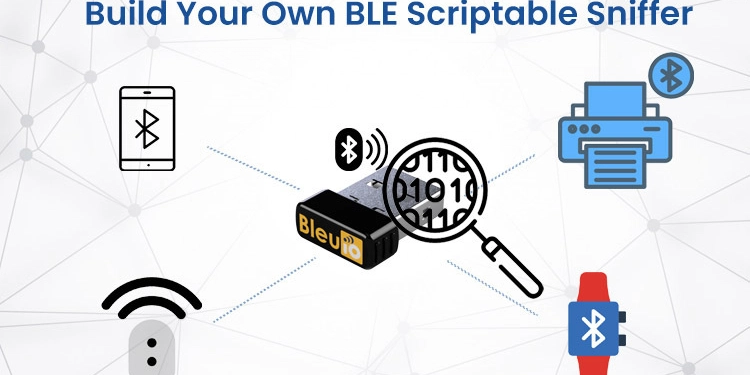






































































































































-Nintendo-Switch-2-–-Overview-trailer-00-00-10.png?width=1920&height=1920&fit=bounds&quality=80&format=jpg&auto=webp#)





















_Anna_Berkut_Alamy.jpg?#)

















































































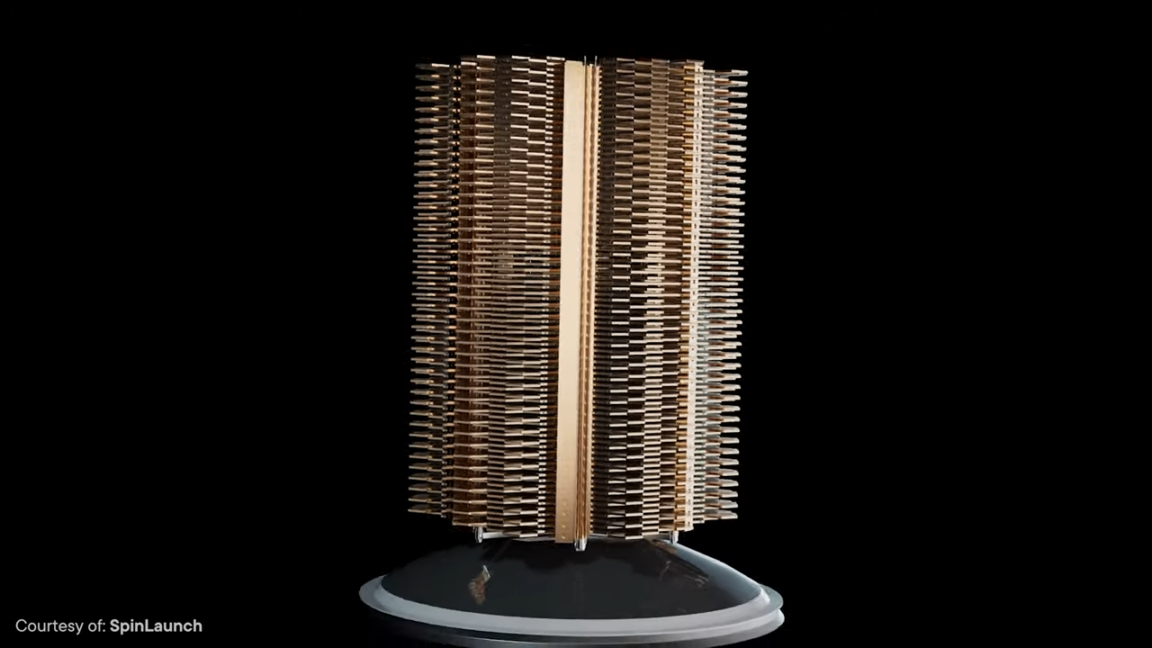



























![YouTube Announces New Creation Tools for Shorts [Video]](https://www.iclarified.com/images/news/96923/96923/96923-640.jpg)





































































![[Weekly funding roundup March 29-April 4] Steady-state VC inflow pre-empts Trump tariff impact](https://images.yourstory.com/cs/2/220356402d6d11e9aa979329348d4c3e/WeeklyFundingRoundupNewLogo1-1739546168054.jpg)




